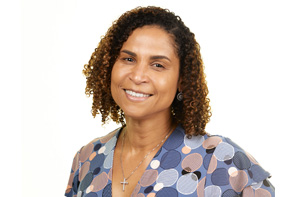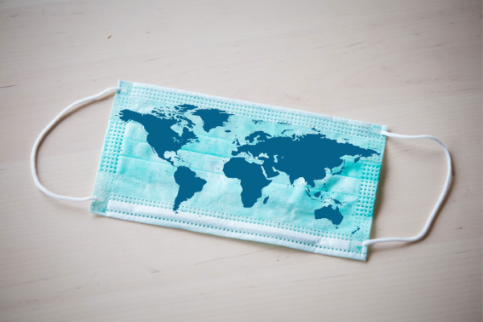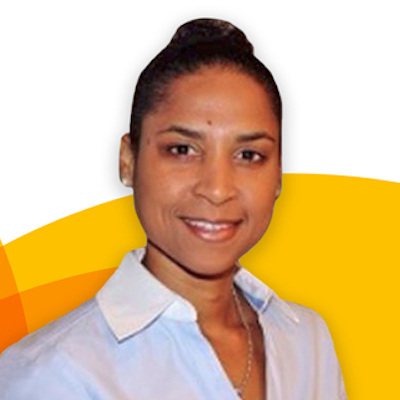Q: In your region, what are the greatest challenges that you as a provider faced on a daily basis during the pandemic?
MB: At Howard, a lot of our patients come from underserved communities. We were seeing younger patients presenting to the emergency department. A lot of these patients had previously undiagnosed comorbidities, which unfortunately meant they were at increased risk.
One of the COVID patients I treated early in the pandemic was a woman in her 40s with uncontrolled diabetes. She died despite all the medical care we provided. Many of our patients are essential workers, or they’re living in multigenerational households, contributing to the further spread of COVID in these communities.
As colleagues and coworkers became patients, one of my greatest concerns has been keeping our personnel and community safe as we continue to fight this pandemic. At the beginning of the pandemic, our concern was personal protective equipment. But now, we need to focus on getting vaccinated so we can save lives.
Q: What are the lessons that COVID-19 should teach us about health equity? What do you think needs to change moving forward?
MB: COVID-19 shined the light on disparities in healthcare. And it’s important that the minority communities most significantly impacted not opt-out of getting vaccinated. As healthcare providers, we need to approach and engage with our communities and address their questions and concerns so they can confidently choose to get the COVID-19 vaccine. This keeps not only them safe but also the people with whom they interact.
As a nation, we’re only as healthy as the most vulnerable among us. We all live in a community where we interact with people who have access to health equity and those who don’t. They’re the people who work in our grocery stores, who drive our buses, who clean our hospitals.
Going forward, we need equitable access to healthcare, including primary care appointments, cancer screening appointments, and access to specialty care. These are all things that will contribute to wellness and health within our communities.
Learn more about Vituity’s commitment to health equity.
























